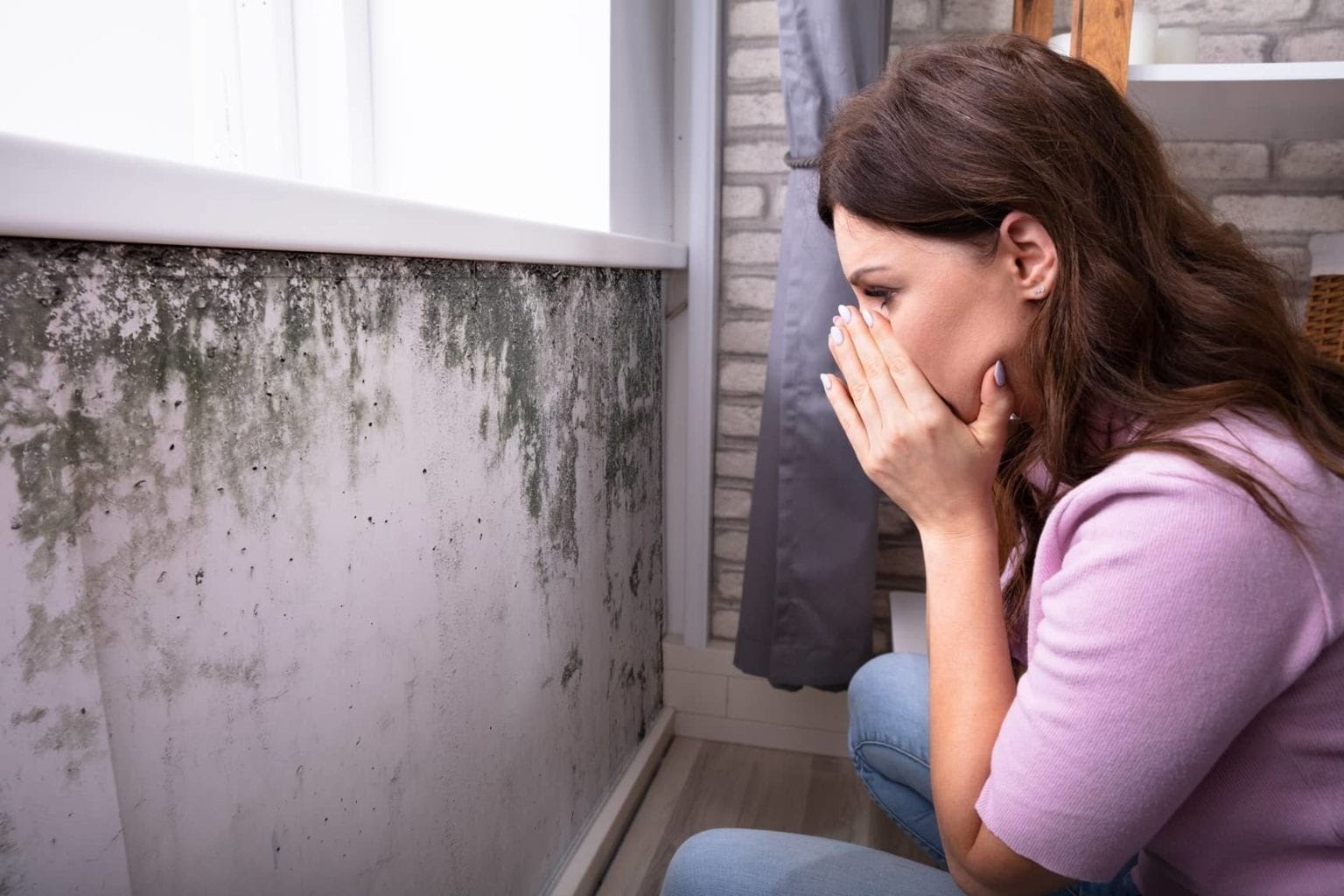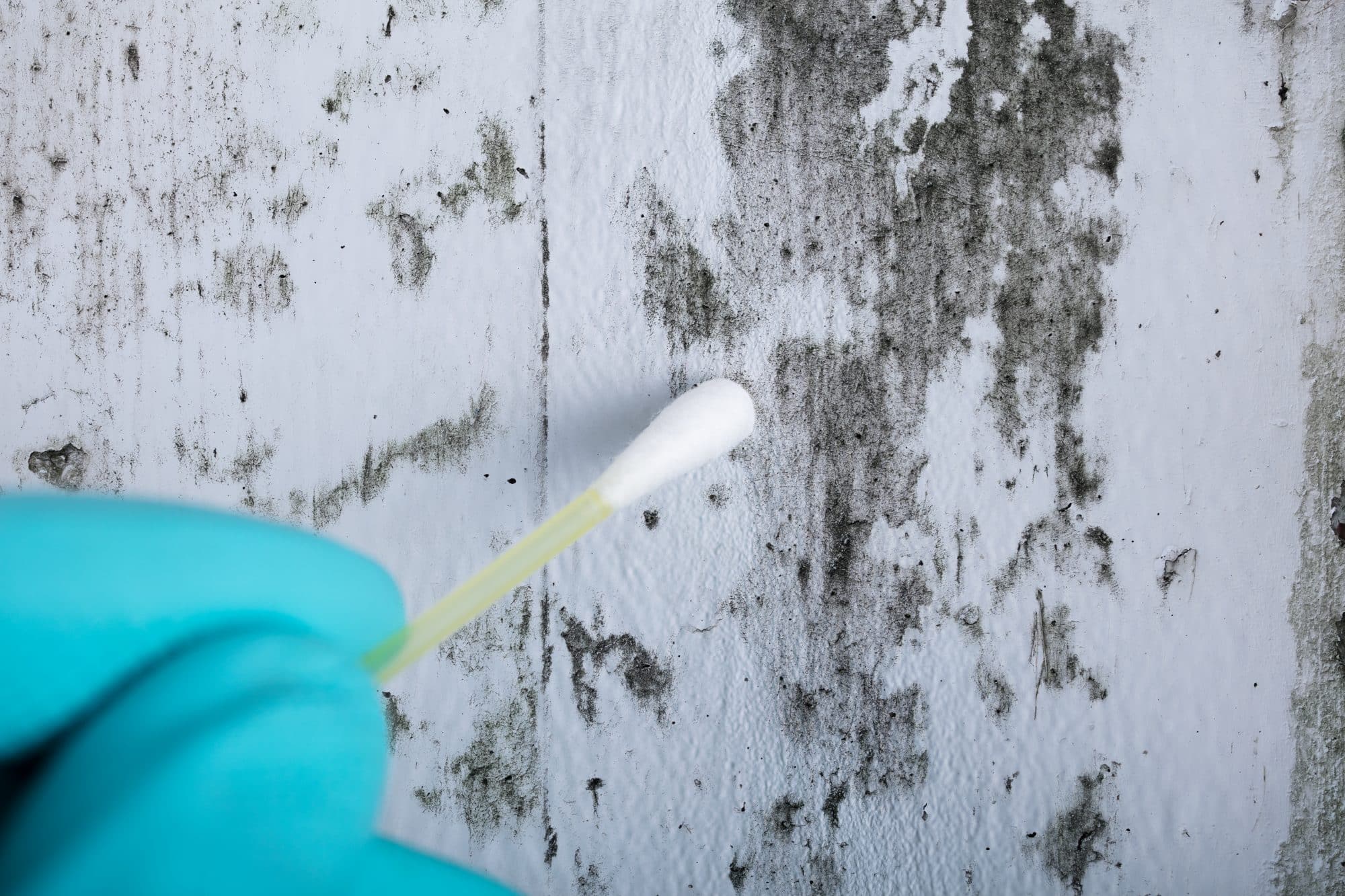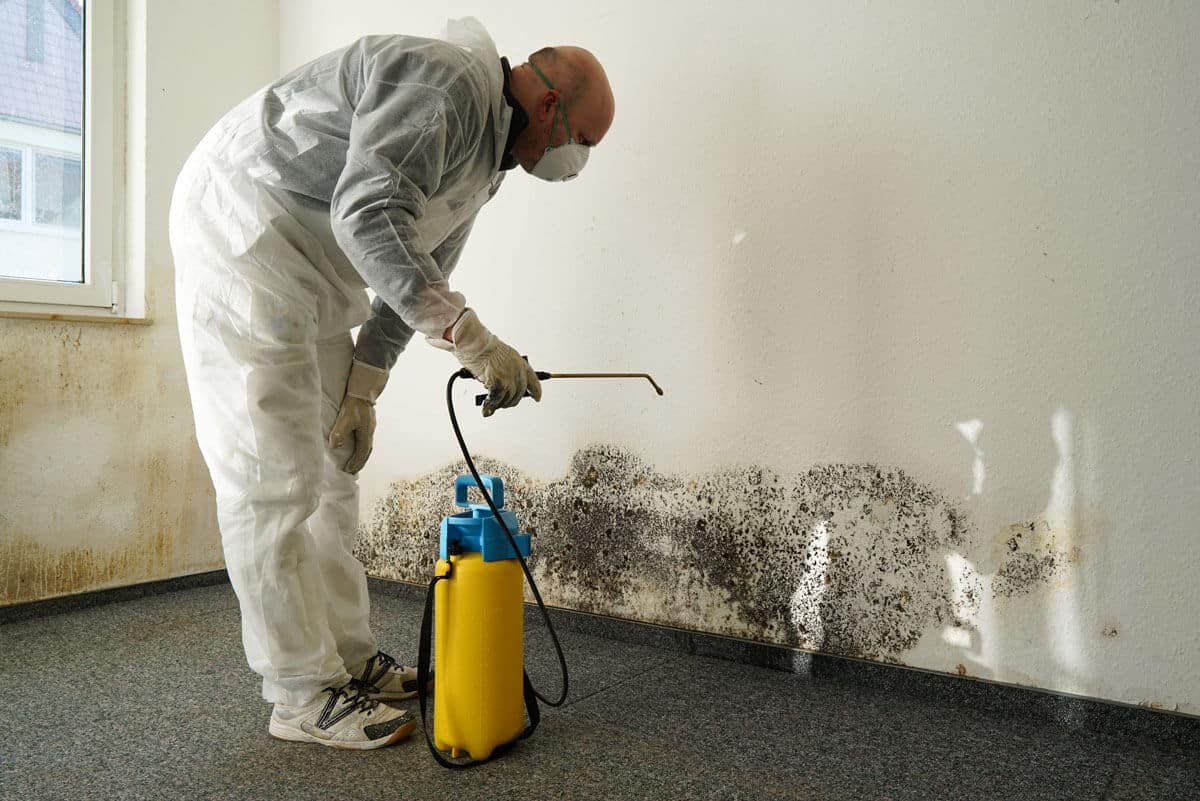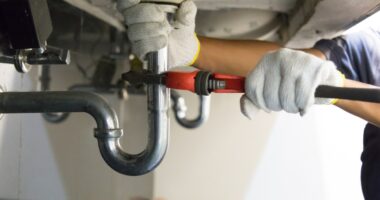Mold is a silent adversary, lurking in the shadows of our homes and businesses, often going unnoticed until it wreaks havoc on our health and property. A thorough mold inspection is not merely a precaution; it’s an indispensable step in safeguarding your space from this pervasive menace.
But how do you ensure that your inspection is as effective as possible? This ultimate checklist is designed to guide you through the intricate process of mold detection, covering everything from the telltale signs of moisture to the critical tools you’ll need. Whether you’re a seasoned inspector or a concerned homeowner, understanding the nuances of mold inspection can make all the difference.
Prepare to delve into a comprehensive strategy that empowers you to tackle mold head-on, ensuring a safer, healthier environment for all.
Pre-Inspection Preparation

Before diving into a mold inspection, meticulous preparation can make all the difference. Start by gathering essential tools like a moisture meter, flashlights, and protective gear such as gloves and masks; these will aid in both safety and thoroughness during the inspection.
Next, remove any clutter or obstacles from the areas to be inspected, allowing for unobstructed access to potential problem spots. Don’t forget to conduct a walkthrough of the property, taking note of any visible signs of mold or water damage; this initial observation can guide your focus in the more detailed inspection that follows.
Additionally, familiarize yourself with the building’s history, including past water leaks or existing humidity issues, as this context will enhance your understanding of areas that may require extra attention. With the right tools and information at hand, you’ll set the stage for a successful mold inspection.
Safety Precautions During Inspection

When conducting a mold inspection, prioritizing safety is imperative. Equip yourself with appropriate personal protective equipment (PPE) such as N95 respirators, gloves, and goggles to shield against mold spores that could pose health risks.
Ensure the inspection area is well-ventilated; opening windows and doors can mitigate potential exposure to harmful chemicals and allergens. Additionally, be cautious of structural hazards—loose floorboards or unstable ceilings can be lurking dangers in damp environments.
If accessing attics or crawl spaces, utilize proper ladders and maintain a clear visualization of your surroundings. Finally, keep a first aid kit handy and be prepared for emergencies, as even the most meticulously planned inspections can run into unexpected complications.
By taking these precautions, you not only protect yourself but also contribute to a thorough and effective assessment.
Post-Inspection Actions

Once the mold inspection is complete, the next steps are critical to ensuring a safe and healthy environment. First, meticulously review the inspector’s report; it will outline the locations of any mold found, the extent of the infestation, and recommendations for remediation.
Depending on the severity, you may need to enlist professional mold remediation services to tackle larger issues. However, for minor cases, you might opt for DIY methods, such as using specific cleaning solutions to eradicate the mold.
Dont forget to address the underlying moisture problems that allowed the mold to flourish in the first place—repair leaks, enhance ventilation, and consider using dehumidifiers. Lastly, ensure to monitor the area periodically; a proactive approach goes a long way in preventing future outbreaks.
Remember, vigilance now can save you from much larger problems down the line.
Conclusion
In conclusion, conducting a thorough mold inspection is crucial for maintaining a safe and healthy living environment. By following this ultimate checklist, homeowners can proactively identify potential mold issues before they escalate.
From assessing humidity levels to checking ventilation systems, each step plays a vital role in effective mold management. For those who may find the process overwhelming or lack the necessary expertise, enlisting the help of a professional Mold Inspection Company can provide peace of mind and ensure a comprehensive evaluation. Investing the time and effort into proper mold inspection is not just about compliance; it’s about safeguarding your home and well-being for the future.




